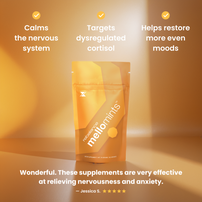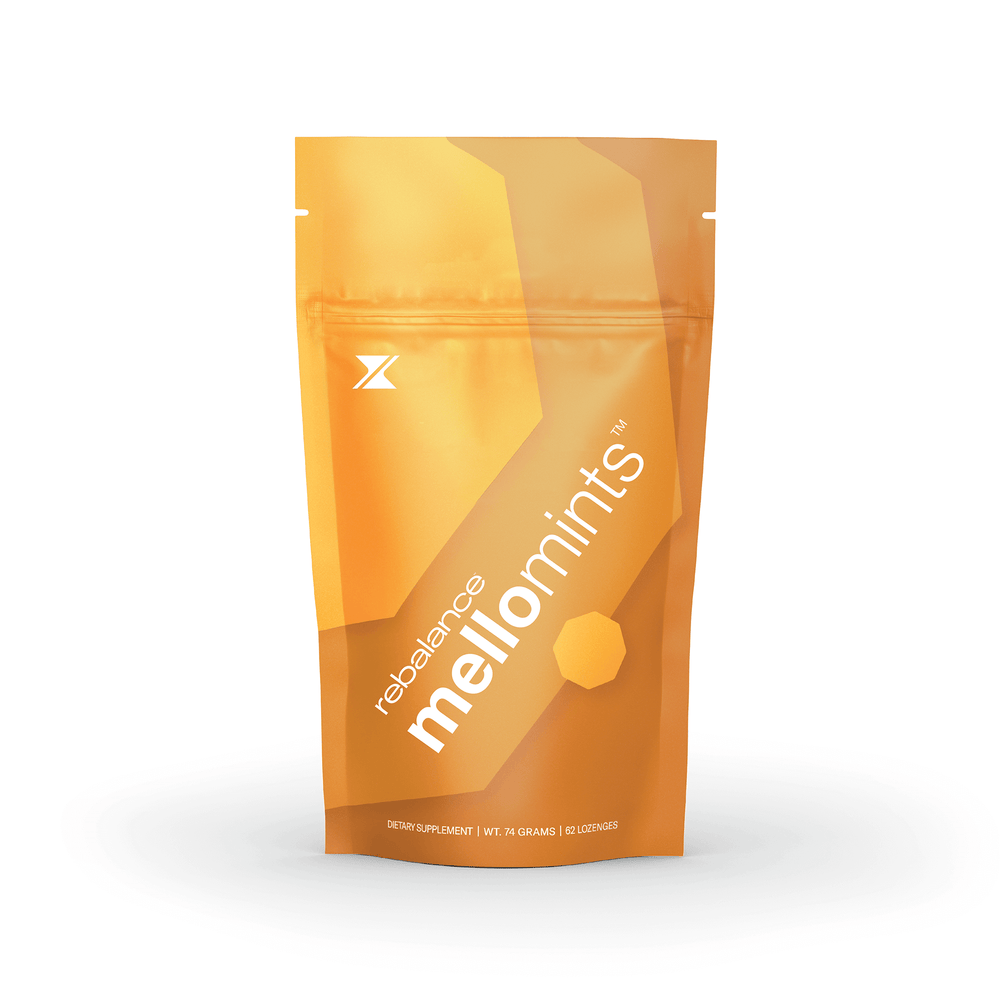What’s Happening in the Brain When Your Phone Stresses You Out
09/13/2025 by Rebalance Health

1. Notifications, Cortisol & the “Stress Switch”
-
Every time your phone buzzes or dings, it’s not just a minor interruption. It can trigger a release of cortisol, the body’s main stress hormone. Smartphone notifications keep the brain on "high alert" by repeatedly activating the stress response.
-
There’s even a recent study where researchers measured salivary cortisol (that’s cortisol in saliva) and found that when people get text messages, their cortisol levels rise. Suggests it’s not just anecdotal: the body responds biologically to these interruptions.
2. Dopamine, Reward & Habit Loop
-
Phones (especially social media, games, short videos) use unpredictable rewards (“you might get something good, or you might not”) to keep people engaged. That unpredictability—“Will this video be great? Will I get a like?”—works like a slot machine. Those tiny rewards release dopamine, which reinforces the behavior. Over time, your brain starts expecting more stimulation just to feel satisfied.
-
As these reward circuits get repeatedly engaged, people often need higher “doses” of stimulation (more scrolling, more frequent checks) to get the same dopamine hit. It’s a kind of tolerance-building.
3. Attention, Focus & Cognitive “Switch Costs”
-
Notifications don’t just stress you, they degrade your attention. The concept of “switch cost” describes what happens when your attention is diverted: returning to the original task takes time and mental effort. Worse, each interruption makes that cost higher.
-
Some research specifically shows when notifications are on, people report more inattention, even hyperactivity, symptoms similar to ADHD (though not a diagnosis). Turning off or muting notifications correlates with better concentration.
4. Sleep Disruption & Hormone Imbalance
-
Screen exposure—especially late in the evening—suppresses melatonin, the hormone that signals to your body it’s bedtime. Light (particularly blue light from screens) tricking the brain into thinking it’s still daytime delays sleep onset and throws off circadian rhythms.
-
Poor sleep then feeds back into stress: less restorative sleep means worse ability to cope with stress, more irritability, lowered resilience. The hippocampus (critical for memory and emotional regulation) gets less time to recover.
5. Neural Circuits & Self-Regulation Weakened
-
The prefrontal cortex is the part of your brain that governs self-control, decision-making, focusing, delaying gratification. In younger people especially (teens/young adults), it’s still developing. High exposure to fast, rewarding stimuli (scrolling, notifications) can tax or under-develop that circuit, making it harder to resist impulses.
-
Studies of children who engage in a lot of screen time show weaker “fronto-striatal connectivity” (connections between parts of the brain important for reward and self-control). That correlates with weaker ability to inhibit impulses, poorer focus.
6. Emotional Impact: Anxiety, Stress, Feeling Overwhelmed
-
The constant pinging and pull of phone/social media can amplify anxiety and feelings of missing out. Even when you try to ignore notifications, just anticipating them raises stress.
-
Over time, this can set up a feedback loop: you feel anxiety or stress → you check phone to escape or distract → phone stimulates more anxiety (from comparison, bad news, etc.) → poor sleep or poor mood → lower threshold for stress. And repeat.
Why This Matters
-
These brain changes aren’t just theoretical—they impact real outcomes: poorer concentration at work, lowered productivity, less creativity, more fatigue.
-
It affects mental health over the longer term: increased risk for anxiety, depression, burnout.
-
It can even change how well you rest, which plays into immune function, physical health, and mood.
In summary, your phone isn’t just a tool. It’s a stress amplifier. Every ping spikes cortisol, every scroll fuels the dopamine loop, and every late-night glance at the screen steals melatonin from your sleep. Over time, this constant stimulation rewires your brain, making it harder to focus, rest, and regulate emotions.
The good news? Awareness is the first step. Simple habits—like muting notifications, switching to grayscale at night, and setting screen curfews—help break the cycle. Pair that with daily practices that keep cortisol in check, and you can reclaim calm, clarity, and better sleep in a world that’s always online.
Overview

Stay Calm. Sleep Deep. Wake Clear.
A lozenge that supports deep sleep, better REM, and calmer nights. Without melatonin — unless you want it.














